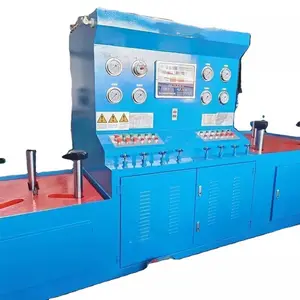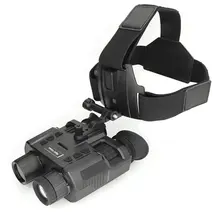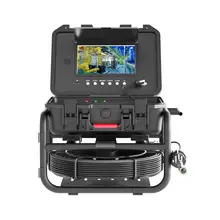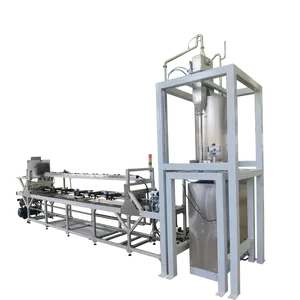Our platform offers a diverse range of water meter test benches designed to meet various calibration and testing needs. Among the selection, customers can find piston type water meter calibration devices, which are suitable for precision testing. For larger scale operations, there are high-performance water meter test benches that come with automatic inspection capabilities, ensuring efficient and accurate measurements.
Specialized test benches catering to specific calibration requirements are also available. For utility management, there are multi-functional options designed for verification purposes across a range of meter sizes.
In terms of technological integration, advanced options such as high-accuracy water flow meters with Bluetooth connectivity, enabling remote monitoring and data management, are featured. For those seeking cost-effective solutions, there are benches that provide a balance between performance and affordability.
Lastly, the platform includes test benches that support a variety of meters, with some models offering features like air tightness and valve pressure testing. This versatility ensures that businesses from different sectors can find a test bench that fits their specific testing criteria and industry standards.



































 浙公网安备 33010002000092号
浙公网安备 33010002000092号 浙B2-20120091-4
浙B2-20120091-4